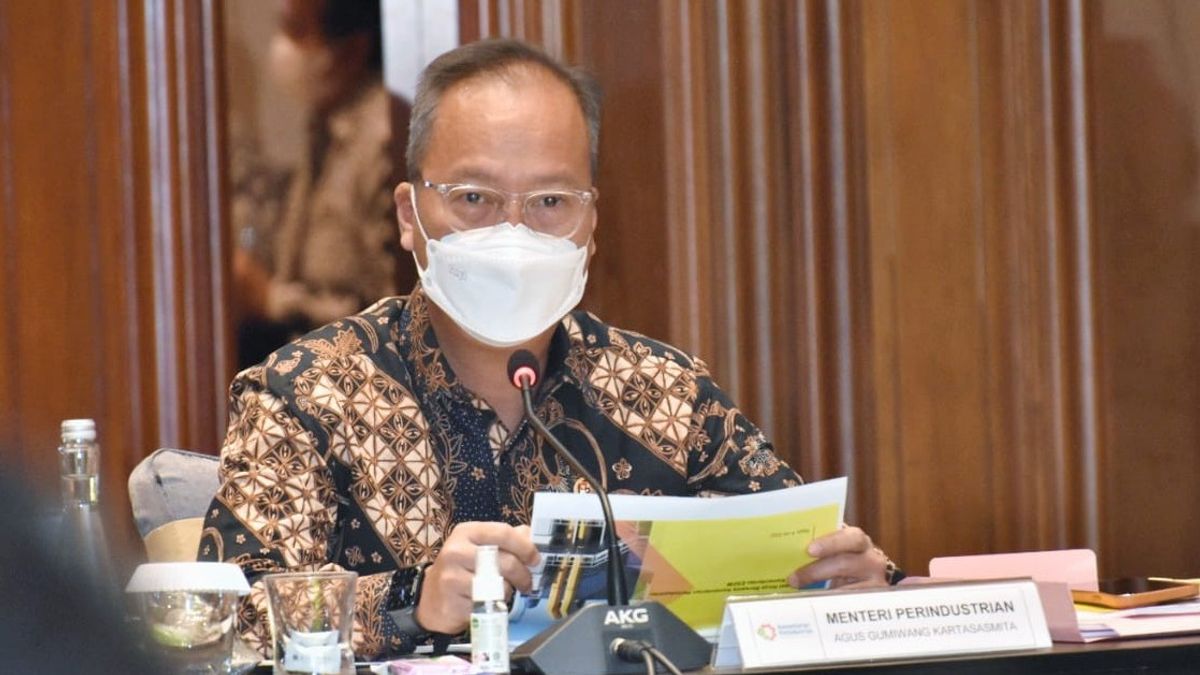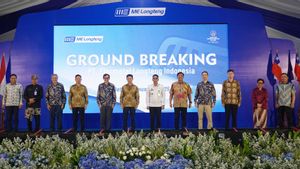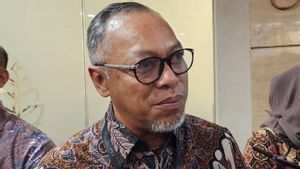JAKARTA - The Ministry of Industry focuses on implementing the downstream industry policy as an effort to increase the added value of domestic agro-based commodities, including palm oil. This is because the palm oil processing industry plays an important role in growing the national economy.
Minister of Industry Agus Gumiwang Kartasasmita said the palm oil processing industry is able to absorb the production of smallholders, improve the welfare of independent oil palm farmers, and increase foreign exchange earnings for the country.
The activities of the palm oil processing industry also provide a multiplier effect such as growing new palm-based industrial areas such as in Dumai (Riau), Sei Mangkei and Kuala Tanjung (North Sumatra), Tarjun (East Kalimantan), and Bitung (North Sulawesi), as well as creating centers new economic growth.
In addition, Agus continued, it can also drive productive activities of plantation business activities in the palm oil industry sector, especially in the 3T (outermost, underdeveloped, and innermost) areas.
"The palm oil processing industry chain has also absorbed more than 5.2 million direct workers and supported up to 20 million people. In 2021, exports of palm products will reach 40.31 million tons with a value of US$35.79 billion, an increase 56.63 percent of the export value in 2020," he said, in Jakarta, Monday, July 18.
Furthermore, Agus said the palm oil sector from upstream to downstream is very broad in scope, so it requires coordination between ministries and institutions as well as relevant stakeholders in the formulation of development policies.
"Coordination is the key to completing the development of the palm oil sector in an integrated and comprehensive manner," said Agus.
The Ministry of Industry, Agus continued, continues to encourage the downstream palm oil processing industry to produce various quality and competitive derivative products. This step needs to be supported by the availability of raw materials and supported by the use of technology and the use of the latest innovations, so that downstream products can be accepted by global consumers.
"In 2011, there were only 54 types of palm oil downstream products that we produced. Meanwhile, currently there are 168 types of palm oil downstream products that we have been able to produce by the domestic industry. This means, over the past 11 years the increase has been three times more," he said.
These various palm oil derivative products are, among others, for the food sector, such as cooking oil, phytopharmaceuticals/nutrition, chemicals/oleochemicals, to renewable fuels/biodiesel FAME. So, said Agus, the palm oil processing industry has a strategic role in optimizing the absorption of Fresh Fruit Bunches (FFB)
"The smooth operation of palm oil mills greatly influences the activities of the integrated palm oil sector from upstream to downstream, including the expectation that palm oil mills can operate normally again," he said.
Based on Law Number 39 of 2014, Agus said, the field of palm oil extraction (CPO-producing palm oil mills) with KBLI 10431 (Crude Palm Oil Industry) is still under the guidance of the Ministry of Agriculture, which is accommodated through the issuance of Integrated Plantation Processing Business Permits. IUP-P).
The English, Chinese, Japanese, Arabic, and French versions are automatically generated by the AI. So there may still be inaccuracies in translating, please always see Indonesian as our main language. (system supported by DigitalSiber.id)













